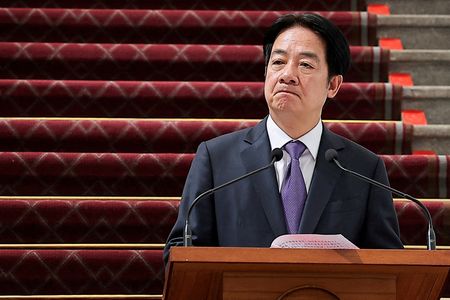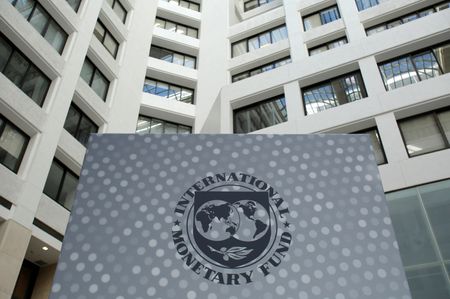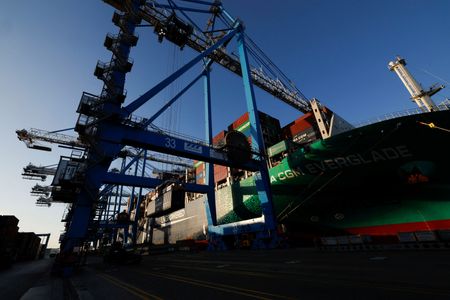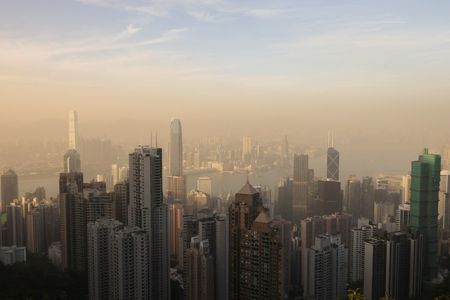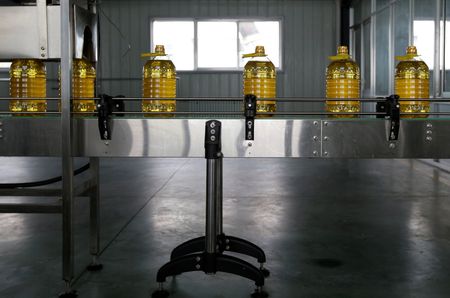TAIPEI (Reuters) -Taiwan President Lai Ching-te met senior officials on Sunday night to discuss the possible impact of U.S. tariffs and receive an update on contingency plans, his office said on Monday.
Trump administration officials, including Treasury Secretary Scott Bessent, have said that much of the reciprocal U.S. tariff focus will be on 15 countries that have the highest trade surpluses with the United States.
Bessent has referred to the countries as the “Dirty 15” but has not named them. According to U.S. Census Bureau data, Taiwan is one of the 15, along with countries such as China and South Korea plus the European Union. The tariffs are due to be announced on April 2.
Taiwan’s presidential office said that Lai had met with Premier Cho Jung-tai and other members of a working group on Taiwan-U.S. trade at Lai’s official residence on the latest situation, the government’s assessment and preparation of various contingency plans.
The official reported on different scenarios for the tariffs the United States is about to introduce, “simulated and estimated the possible impact, and prepared contingency plans”, Lai’s spokesperson Karen Kuo said in a statement.
Lai asked Cho and National Security Council Secretary-General Joseph Wu to make the best possible responses to ensure Taiwan’s interests and economic and financial stability, as well as to provide strong support and assistance to industries that may be affected, Kuo added.
Taking lawmaker questions on Monday, Taiwan Deputy Finance Minister Frank Juan said he thought the chances the electronics industry would face tariffs was “relatively low” given chipmaker TSMC’s new $100 billion investment in the United States announced earlier this month.
Taiwan runs a large trade surplus with the United States, which surged 83% last year, with the island’s exports to the U.S. hitting a record $111.4 billion, driven by demand for high-tech products such as semiconductors, a sector Taiwan dominates.
Taiwan’s benchmark stock index dropped more than 3% on Monday morning on fears about the upcoming tariffs.
Trump said on Sunday that reciprocal tariffs he is set to announce this week will include all nations, not just a smaller group of 10 to 15 countries with the biggest trade imbalances.
(Reporting by Ben Blanchard and Jeanny Kao; Editing by Michael Perry)

